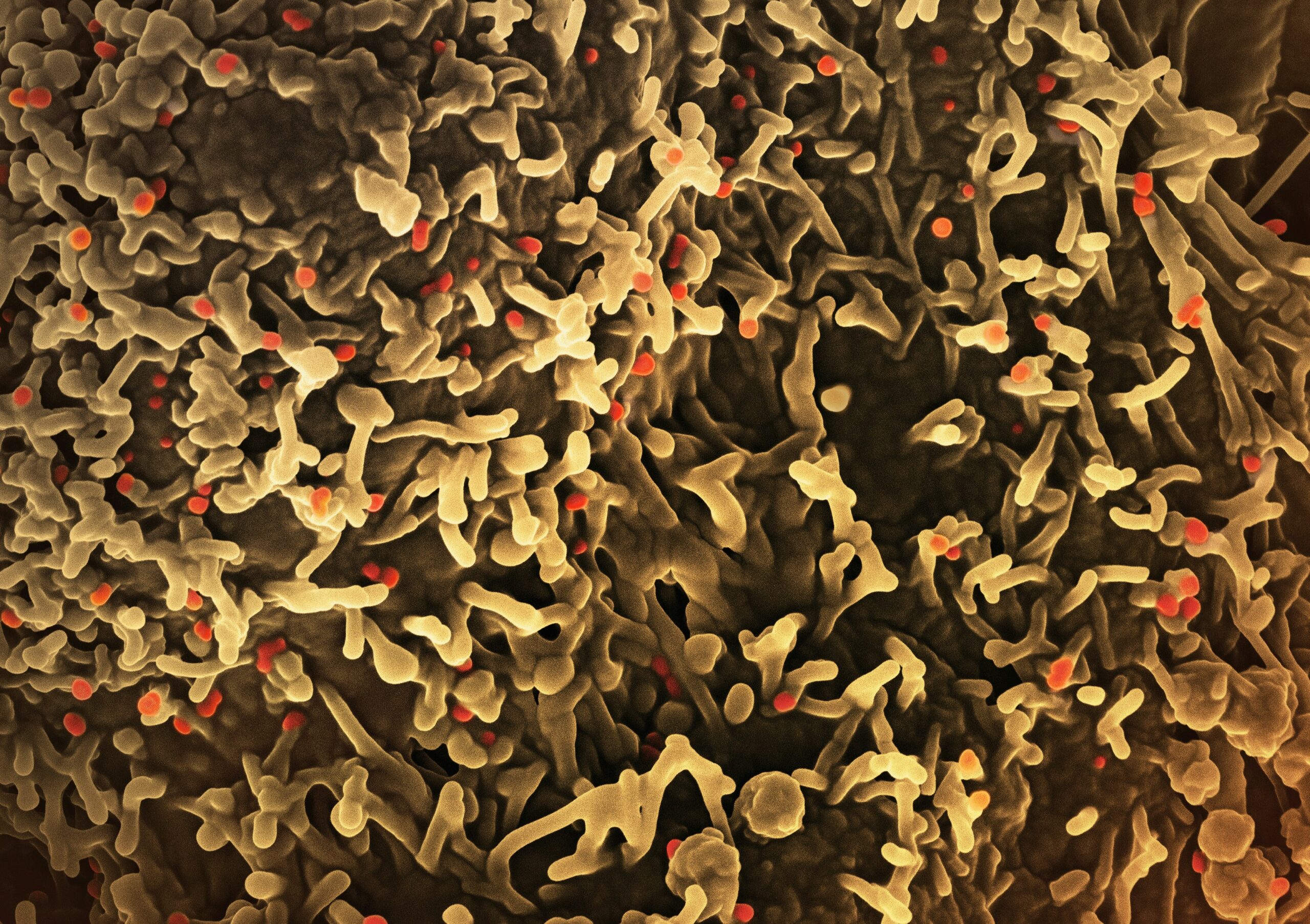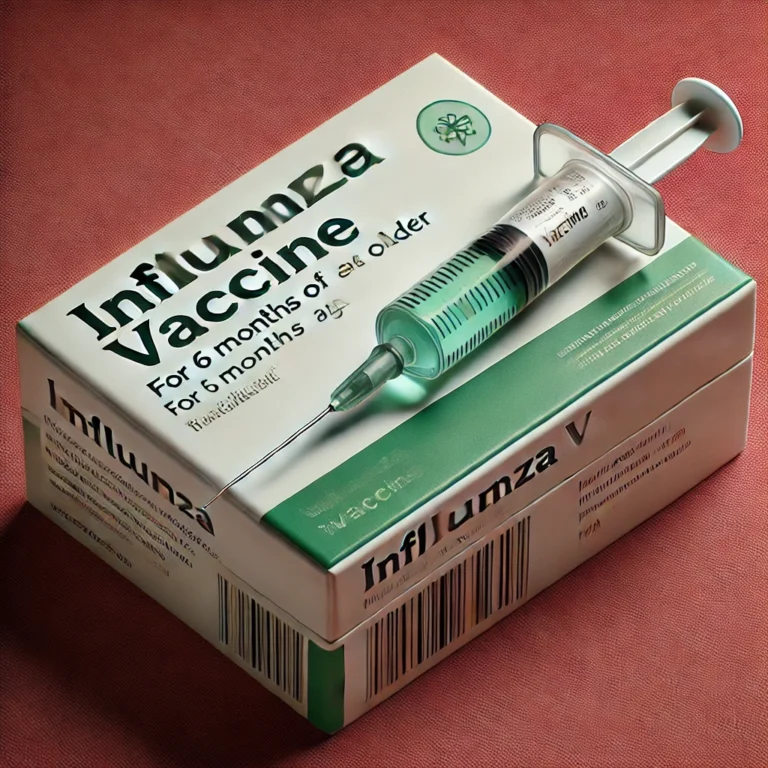Stay informed about the 2024 Mpox outbreak, its symptoms, transmission, and prevention measures. Learn how to protect yourself and your community from this emerging health threat, and understand the global response to the outbreak
The 2024 Mpox outbreak has sparked global concern, with cases reported in multiple countries. As the situation evolves, it’s essential to stay informed about the virus, its impact, and the measures to prevent its spread.
Understanding Mpox
Mpox is a rare viral disease caused by the Mpox virus, which belongs to the Orthopoxvirus family. The virus is primarily found in the tropical rainforests of Central and West Africa, where it is transmitted between animals and humans. Mpox is not as contagious as other viral diseases, but it can still spread through:
Direct contact with an infected person’s rash or bodily fluids
Indirect contact with contaminated surfaces or objects
Animal-to-human transmission through bites or scratches
Symptoms of Mpox
The symptoms of Mpox include:
Fever
Headache
Muscle aches
Swollen lymph nodes
Rash or blisters, which can appear on the face, palms, and soles of the feet
The symptoms typically appear within 10-14 days of exposure and can last for 2-4 weeks.
Transmission of Mpox
Mpox can be transmitted through:
Direct contact with an infected person’s rash or bodily fluids
Indirect contact with contaminated surfaces or objects
Animal-to-human transmission through bites or scratches
The virus can also survive on surfaces for up to 12 days, making it essential to practice good hygiene and disinfection.
Prevention Measures
To prevent the spread of Mpox:
Practice good hygiene, including frequent handwashing and disinfection
Avoid close contact with infected individuals
Wear personal protective equipment (PPE) when caring for infected individuals
Stay informed about vaccination efforts and follow public health guidelines
Avoid touching or handling animals that may carry the virus
Global Response
The 2024 Mpox outbreak has prompted a coordinated global response, with public health officials working to:
Track and contain the spread of the virus
Develop and distribute vaccines
Provide guidance on prevention and treatment
Support affected communities with resources and aid
The World Health Organization (WHO) has declared the outbreak a Public Health Emergency of International Concern (PHEIC), highlighting the need for global cooperation and coordination.
The 2024 Mpox outbreak highlights the importance of global cooperation and preparedness in addressing emerging health threats. By staying informed and taking prevention measures, we can protect ourselves and our communities from the spread of Mpox. It’s essential to continue monitoring the situation and following public health guidelines to prevent further transmission.












